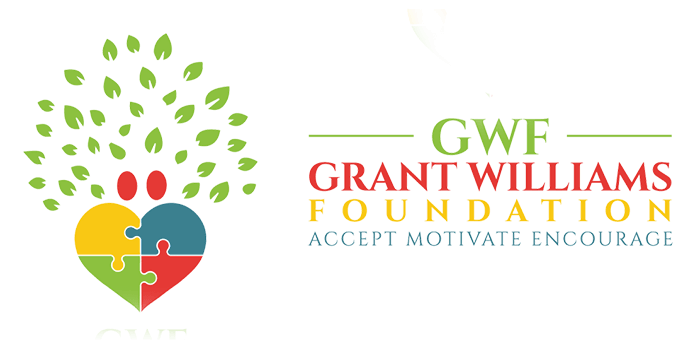Nancy Wiseman had a feeling early on that something was different about her daughter Sarah. When Sarah was 6 months old, she stopped babbling, and by 10 months, she was silent. By 18 months, the increasingly aloof toddler no longer responded to her name, and she resisted being held, kissed, or touched.
“I felt that I was losing my child a little more each day,” says Wiseman, of Merrimac, Massachusetts. When Sarah wasn’t saying any words or even making sounds that resembled words by 20 months, her grandmother, a school psychologist, suspected that she might actually be deaf. Instead, Wiseman learned that her daughter was autistic. “The diagnosis really knocked the wind out of me,” she recalls, “but I was relieved to finally know.”
There is a lot that isn’t fully known about autism, but researchers do believe there is a genetic component. So, for example, if you have autism, it’s more likely your child will be autistic too. Although the severity of autism can vary widely, many children with the neurological disorder—which typically appears in the first three years of life—have problems speaking, interacting with others, sharing affection, and learning like Sarah.
Thanks to the tireless efforts of parents and advocates, public awareness of autism has grown tremendously since it was first identified in 1943, but it is gaining even more attention today than ever before. Congress has held hearings on the condition. Public-health agencies are spending millions to study it. Researchers at countless universities are racing to find the causes and best treatments.
“There are many unanswered questions,” says Alice Kau, Ph.D., an autism expert at the National Institutes of Health, which funded more than $74 million in autism research in 2002, as compared with only $22 million in 1997. Still, researchers are beginning to make progress in unraveling this baffling disorder.
Environmental Factors Can Play a Role
Many conditions can be caused by environmental factors, including autism. Some chemicals can (and do) increase your risk. However, the NIH explains this increased risk is usually combined with other factors.
“If someone is susceptible to [autism, or] ASD because of genetic mutations, then certain situations might cause autism in that person,” NIH writes. “For instance, an infection or contact with chemicals in the environment could cause autism in someone who is susceptible because of genetic mutations. However, someone who is genetically susceptible might not get an ASD even if he or she has the same experiences.”


